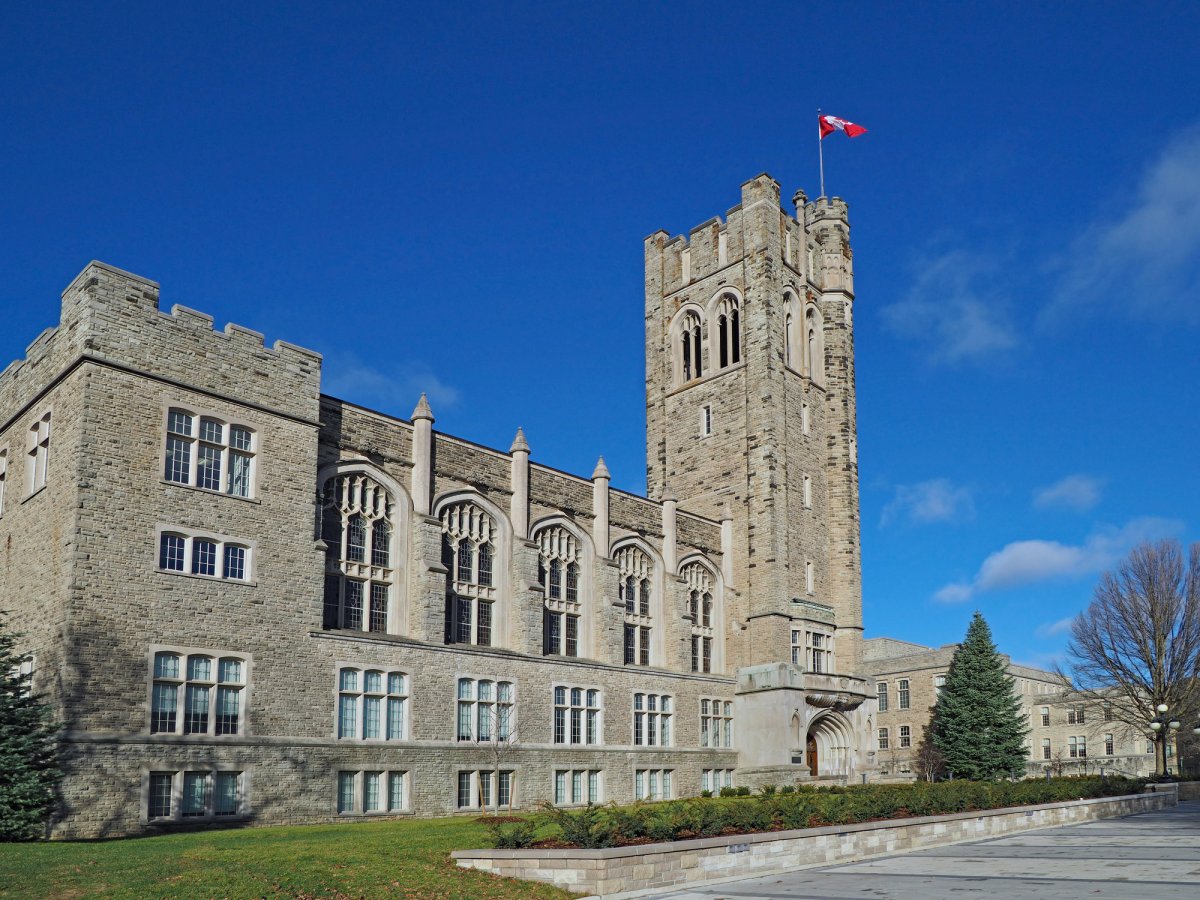Researchers at Western University are detailing the benefits of a new program to help university faculty and staff support survivors of sexual assault.

The Centre for Research & Education on Violence Against Women & Children (CREVAWC) has co-developed the online training program with input from an advisory committee made up of representatives from numerous universities and colleges in the province.
“We don’t want everybody to become a social worker, to become an expert in sexual violence, that’s not the point,” explained CREVAWC community director Barb MacQuarrie.
“The point is is that if somebody starts to tell — and usually somebody won’t tell the whole story but they’ll just tell a little, little bit — and the kind of reaction they get the first time they say something will determine whether or not they’ll go on to tell the whole story, whether or not they’ll go on to tell somebody else.”
A release from the university notes the profound negative effects of “secondary victimization,” referring to the harm caused when professionals are victim-blaming or unsupportive.

Get daily National news
“Our thinking is that people disclose something’s happened to them based on relationships. In case anybody receives a disclosure — somebody tells them, a coworker, a friend who’s also a coworker, ‘Look, this happened to me’ — we want them to be prepared to give an empathetic, supportive response that’s going to get them to the next step.”
The free, accessible online training program was created for faculty; administrative staff; residence, housing and facilities staff; financial services staff; counselling and accessibility support staff and faculty; international student recruiters and support staff; Indigenous services staff; health and wellness teams; and managers.
- ‘It’s appalling’: How women’s shelters in Canada can’t keep up with soaring demand
- Halifax Walmart death: Store will not reopen for ‘weeks’ as remodelling continues
- Montreal dockworkers, employer to start mediation after six-day work stoppage
- Canada on ‘clear path’ to reach NATO’s 2% target, Trudeau says
The advisory committee that helped shape the training included representatives from Brock University, Western University, University of Toronto, York University, Windsor University, George Brown College, Canadian Federation of Students, Sault College, Fanshare College, Queen’s University, University of Ontario Institute of Technology, and Nipissing University.
“We do not want survivors to be isolated. It is the worst position to be in,” said MacQuarrie.
“So we have to literally create the conditions, create the climate where we can talk about these things and we feel comfortable hearing about them. So that’s what this training does — it just prepares people at that most basic level.”
The training is in response to the provincial government’s mandate that all of Ontario’s post-secondary institutions develop standalone sexual violence policies.













Comments